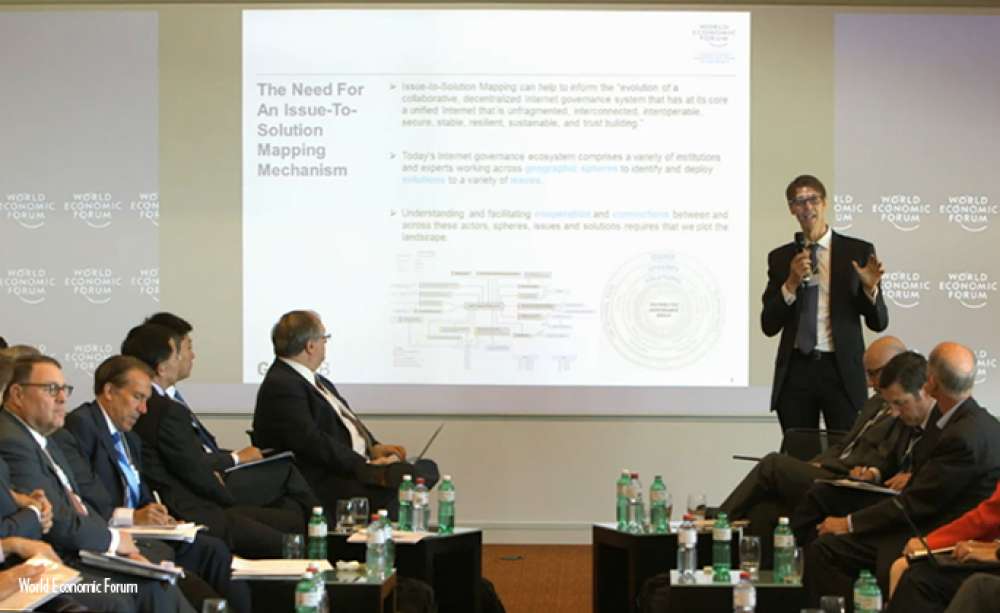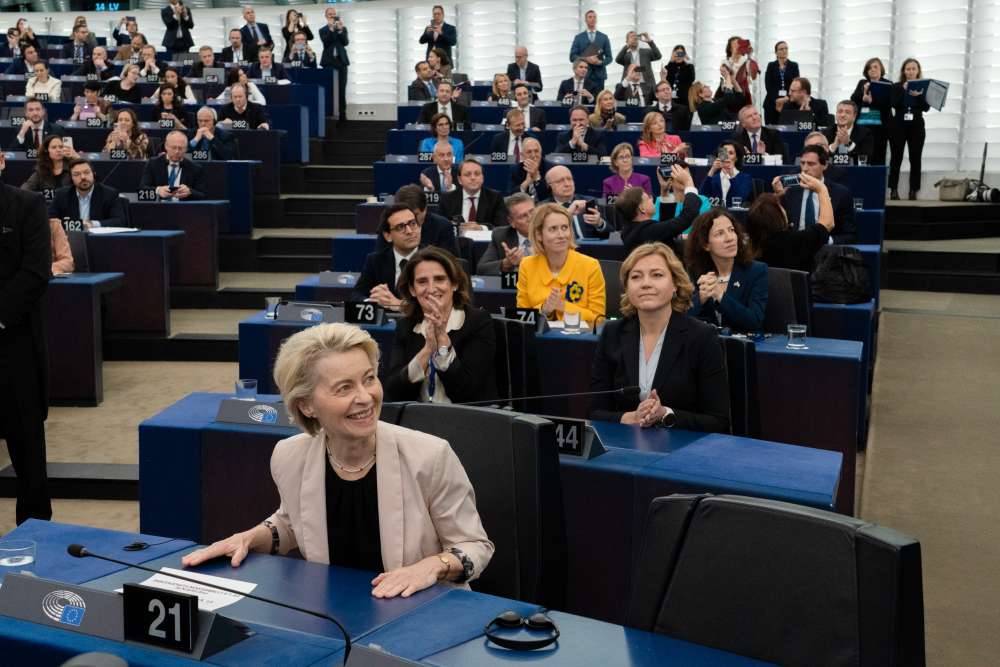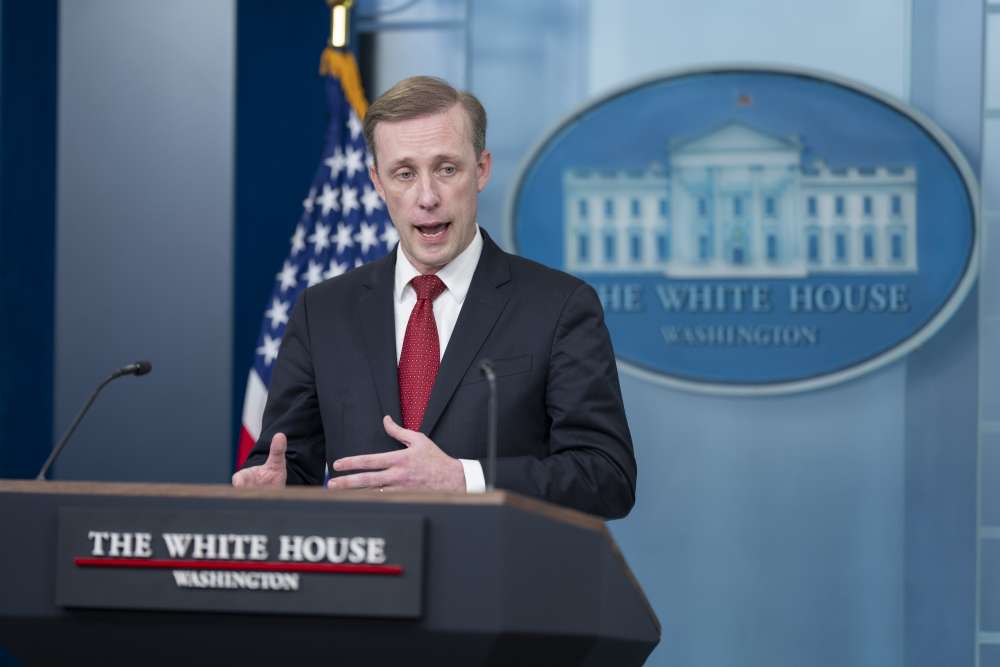Multistakeholderism Unmasked: How the NetMundial Initiative Shifts Battlegrounds in Internet Governance

This opinion piece is part of the the Global Governance Futures 2025 program which brings together young professionals to look ahead and recommend ways to address global challenges.
The year 2014 was a historic year in internet governance: From the announcement of the IANA transition process to the NetMundial meeting and the ITU Plenipotentiary Conference, the procedures and policies regarding the coordination of the internet seem to be more than ever a central topic of global governance. Most of these events have been welcomed by large parts of the internet community for fostering an inclusive multistakeholder approach at the expense of more traditional intergovernmental forms of governance. But just before the end of the year, yet another process in internet governance added a bitter aftertaste to this development: the NetMundial Initiative (NMI). Perceived by some as an attempt to create a “Security Council of the Internet”, this new initiative has stirred an intense debate among civil society groups about the limits of multistakeholder governance – a debate which could actually help to overcome the gridlocked controversy between multistakeholder and intergovernmental governance models for the internet.
The NMI was officially launched on 6 November 2014 by the Internet Corporation for Assigned Names and Numbers (ICANN) and the Brazilian Internet Steering Committee (CGI.br). It is hosted by the World Economic Forum (WEF), best known for arranging an exclusive annual meeting for the world’s political and economic “elite” in Davos, Switzerland. Aiming to “take advantage of the WEF’s uniquely interdisciplinary, leader-level multistakeholder community”, the NMI does not appear to have much in common with its namesake, NETmundial, the “Global Multistakeholder Meeting on the Future of internet Governance” hosted by Brazil in April 2014 in São Paulo.
To read the full article, please visit Global Policy online.







